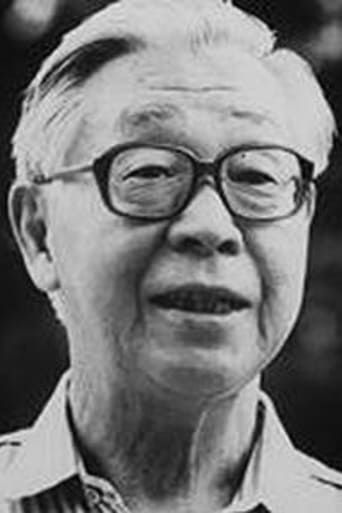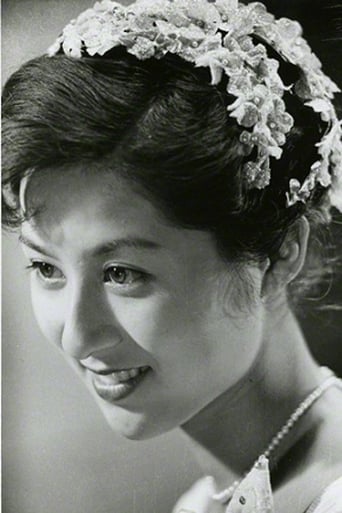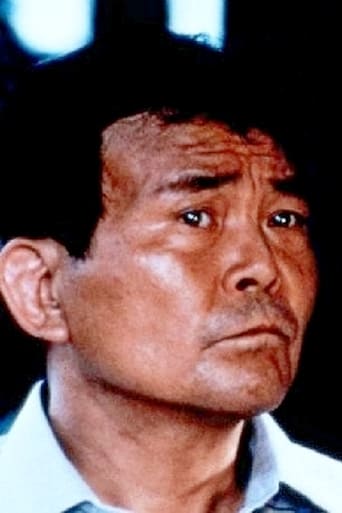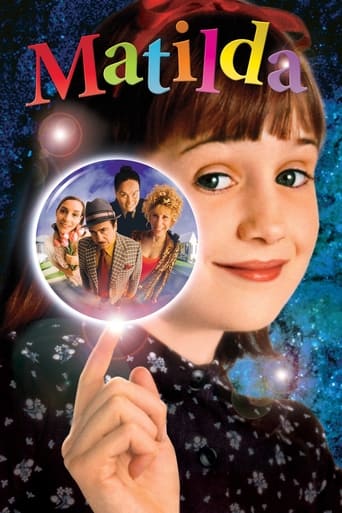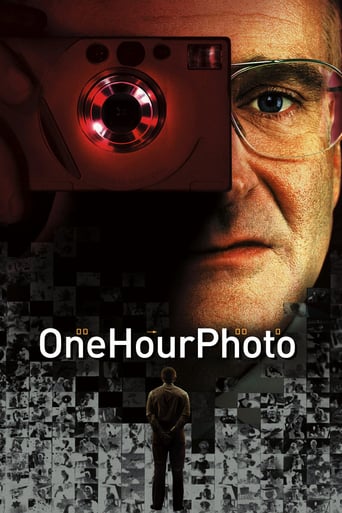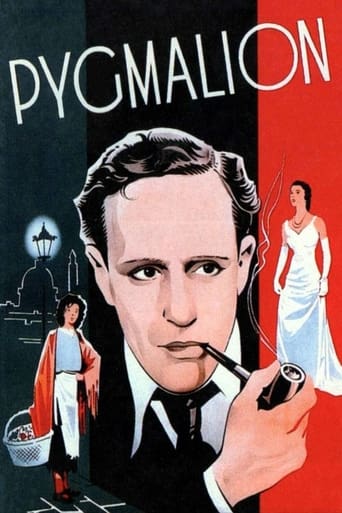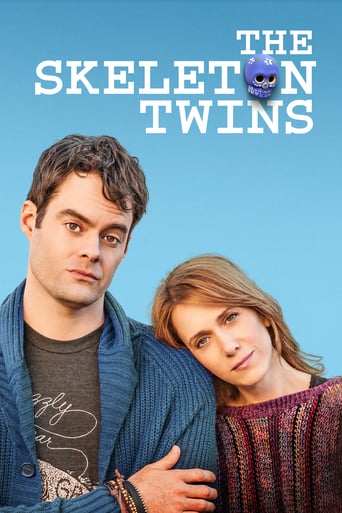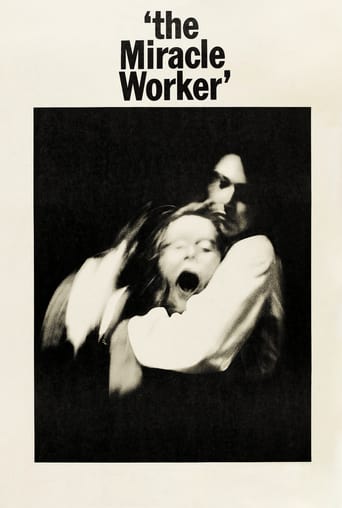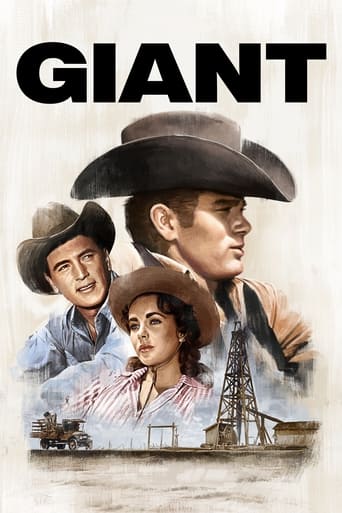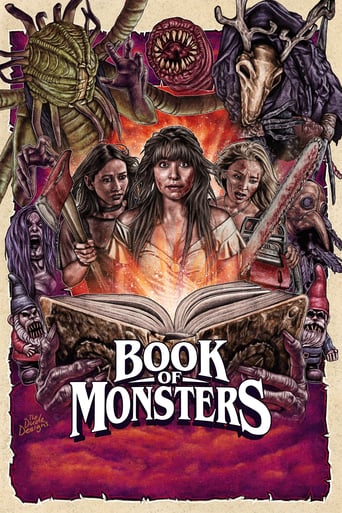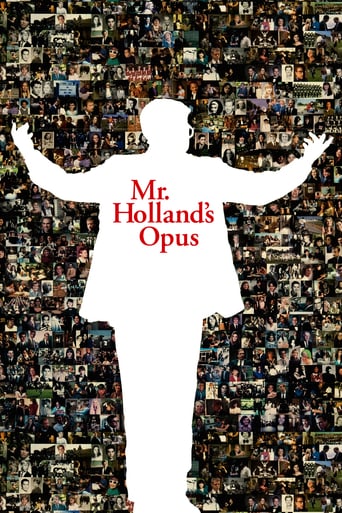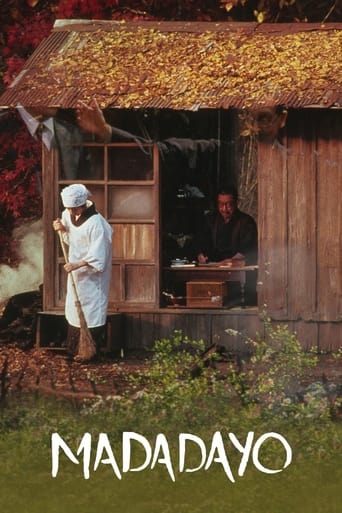
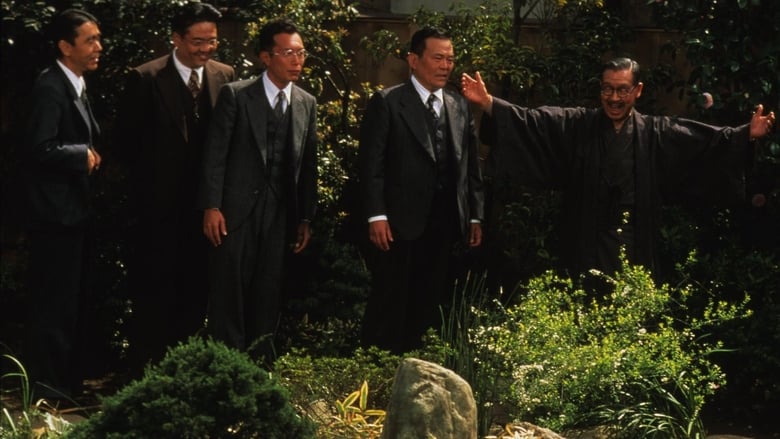
Madadayo (1993)
Based on the life of Hyakken Uchida, a Japanese author and academic. The film opens with Uchida resigning his job as a German professor at the onset of WWII. The story is told mostly in vignettes as he is cared for by former students in his old age.
Watch Trailer
Cast


Similar titles
Reviews
Absolutely the worst movie.
A story that's too fascinating to pass by...
If you like to be scared, if you like to laugh, and if you like to learn a thing or two at the movies, this absolutely cannot be missed.
The film's masterful storytelling did its job. The message was clear. No need to overdo.
The question 'are you ready, are you ready to die?' is answered, as a commonplace, in the negative. Who of us is ready to die? None. Even old age, the harbinger of defeat, cannot accept the fate it portends: an untimely death, for all death is untimely. There is acceptance of death, sure, but no one, save the seldom few who are most miserable, invites it into their home. To me it is a truism that there is nothing more lucid and apparent and viscerally vocal than our united cry - Madadayo! But there is something more at play in this film than this pithy commonplace, something deeper. It is a masterpiece, and one sadly overlooked in his dense oeuvre.Why are you not ready to die? Here is the broader and more philosophical inquiry at the heart of this movie; and I invite you to look into your own life and recall the opulence of emotion in your most miserable moments, and to ask yourself unflinchingly why, if the egregiousness truly stacks above your head, like the loss of a beloved cat named Nora, do you continue to live in this world. What is the cause behind your proclamation - Madadayo! Is it affirmative, or is it a resignation? Misery befalls us all. But is misery all there is? Of course not, and Kurosawa rightly thinks not: "There is an enviable world of warm hearts." The professor tells it to us himself: he would have sunk into the mire of his despair had it not been for the kindness and generosity of his friends and relatives, and even those strangers unfamiliar with his plight.He has a crisis when he loses the cat and another one in the shack. Both times he is saved by his friends. There is much that happens in a man's life, much of it good, much ambivalent; he sees many evils and performs some, regrettably, himself.But the answer is there, in our lives, staring us in the face. Why are you not will to say you are ready for death? The world of warm hearts is astoundingly beautiful. It is beautifully portrayed in the movie, with heartfelt earnestness in the manner in which the students revere and support their professor; but, more to the point, it is also intrinsically beautiful. In the final scene the professor, now an old man, dreams himself a boy, a remembrance perhaps, and finds himself playing a game of hide and seek with some friends on a farm among conical stacks of hay. The boys on the road call out to him continuously, are you ready? as he tries to find a suitable hiding place among the hay. Madadayo (not yet) he exclaims to them. He then slowly covers himself with hay and just as he is about to say that he is ready for them (ready for death) the sun sets over the horizon of a surreal landscape imbued with green, orange and red, a multicoloured dream, and the camera pans up and over the sky, and it is here that we see the beauty of the world; it is this beauty, which is joined with the ethical, the kindness of people, that stops the young boy and the old man from saying that they are ready; it is this solemn beauty that keeps us all going, if we should choose, in our carousals and sojourns, to take notice of it. You are left with a broad smile on your face as you take leave of this master, and every time I think about him I am happy for the life he lived and sad that he departed us so soon.
The first time I saw Madadayo(Kurasawa's final film), staying with a German pen pal(who was into Kurasawa and considered Madadayo one of her favourites) on a music course, I was largely unfamiliar with Akira Kurasawa's style and found myself underwhelmed. Bear in mind, this was five years ago, and having seen more of his films over the years I thought let's give Madadayo a second chance. And I am glad I did after purchasing the DVD. While nowhere near his best film(I can think of at least seven or eight movies of his that deserve that distinction), Madadayo was much better than I remembered, now I consider it one of his underrated and one of his better films of the post-Ran period. The missing cat sequence does go on for too long, and the film drags in spots. However, it has all the Kurasawa trademarks, especially the delicate direction, superb camera work and beautiful scenery. The music score gives a both reflective and dignified touch to the film, the story does resonate with the audience especially the ending and the characters particularly the professor do interest even if they are not as complex or as dimensional as some of Kurasawa's other work. The acting is naturalistic and engaging at least, with the professor beautifully played. Overall, I'm glad I gave Madadayo a chance because while it is never going to be one of my favourite films there is still much to admire. 8/10 Bethany Cox
Akira Kurosawa's last film, from 1993, didn't attract a lot of attention when first released, perhaps because the Japanese master was already a bit out of fashion among the critics and the public in the 1990s, but this is among his best movies. Kurosawa was 83 when he directed this (he would die five years later) so in many ways this is a film about old age and about dying, but is far from somber or depressing – it's hard to think of a more elegiac film about death (it is also, of course, a film about life).The movie's protagonist is Hyakken Uchida (1889-1971), who was a real Japanese professor of German Literature, but in many ways he is in the movie an alter ego of Kurosawa, an aging master facing old age and death. Uchida is kind hearted sometimes to the point of naiveté. Plotwise, not much really happens in this slow but rewarding film – we see Uchida the day of his retirement, facing the destruction of his home during World War II, celebrating with his former students each year in a party, finally facing illness and old age. Perhaps the biggest incident in the movie is when Uchida loses his cat. But if the plot seems slight, the movie stands out as a beautiful piece of humanist filmmaking. The quietly beautiful photography and mise en scene certainly helps.
Madadayo (1993) was the last film written and directed by the great Akira Kurosawa. Sadly, although the movie bears touches of Kurosawa's genius, it is not a truly memorable film.The plot follows the life of a kindly professor, who retires from teaching but who is revered, respected, and almost worshiped by his former students. The problem for me was that we see the professor's many child-like foibles--which the students don't appear to mind--but we never see any evidence of the professor's greatness.The professor taught German, not philosophy or religion, so the subject matter of his lectures couldn't have been inherently inspiring. We are never told what he said within or outside of class that brings about the fervent admiration of his students.After the professor retires, he suffers a series of unpleasant incidents--some serious and some trivial. In each case he students come together to help restore his life to balance. In addition, they have a highly formalized party on his birthday each year. Eventually they include their wives, children, and grandchildren in these laudatory ceremonies.The film is not boring, and it excels in the crowd scenes as well as in the scenes of wartime destruction, but it never provides a central core of substance that would have made the details and incidents meaningful.We saw this film at the excellent Dryden Theatre at George Eastman House in Rochester. However, most of the action takes place indoors, and I'm sure the movie would work well on the small screen.


